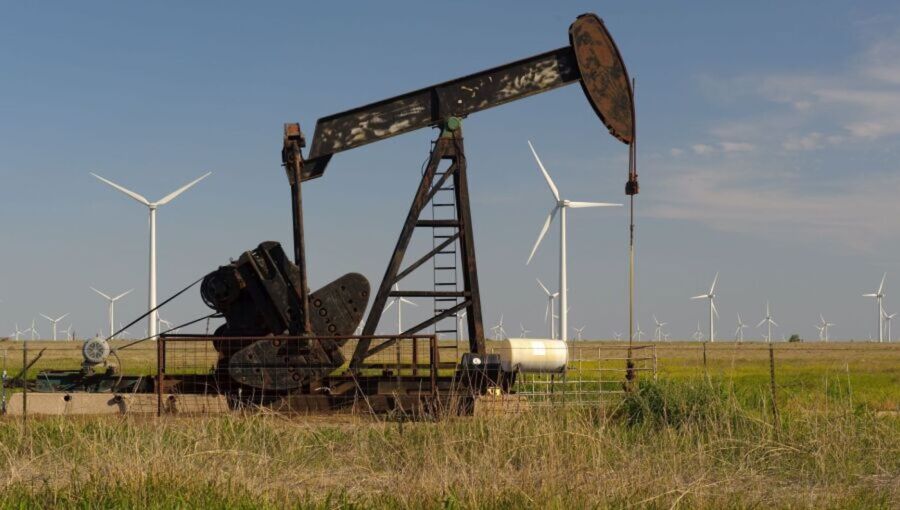US accelerates oil and gas development as it rolls back the Climate Crisis fight

The Trump administration is intensifying its support for fossil fuels and nuclear power while rolling back incentives for renewable energy, in a policy shift that marks a sharp departure from climate-focused strategies pursued under President Joe Biden.
US gas producers, already operating at record levels, may soon be offered federal funds to further boost drilling, according to officials. The initiative is part of a wider “energy dominance” agenda that seeks to channel government resources into oil, gas and mining projects by deploying tools such as the Defense Production Act and federal loan programmes.
“The president is committed to ensuring that access to capital is no longer the limiting factor in deploying the energy and mining projects,” the White House said in outlining the strategy.
Nuclear energy has been identified as a preferred beneficiary of government support. Jarrod Agen, director of the US Energy Dominance Council, said on September 4 that nuclear power is more likely to use domestically manufactured parts than wind or solar facilities. “Nuclear is new in that we need to invest in it to get ahead – and it’s the long-term play that the president wants to put in place,” he told an event at the Center for Strategic and International Studies. “It hasn’t had the proper kind of investment. It hasn’t had the focus that some of the other intermittent [energy sources] have had.”
Agen added that companies leading nuclear reactor development are American firms, making the sector a more attractive target for loan guarantees and tax incentives from the US Loan Programs Office. Nuclear expansion, he said, is the “third prong” of the administration’s strategy to compete with China in artificial intelligence, alongside extending the lifespans of ageing coal plants and upgrading the efficiency of the electric grid.
The administration has also stepped up efforts to halt offshore wind projects. The Interior Department last month issued a stop-work order on the Revolution Wind development off Rhode Island, despite it being 80% complete. The project had been a centrepiece of the Biden administration’s climate strategy before encountering cost overruns and supply chain problems.
Critics argue that revoking permits for nearly finished projects creates instability for investors. Agen rejected those concerns. “If you want to invest in a project that you can be financially viable in, and you’re not reliant on tax subsidies to do it, I think that’s the message that we’re trying to show and I think that we have seen success on the fossil fuels,” he said.


Follow us online